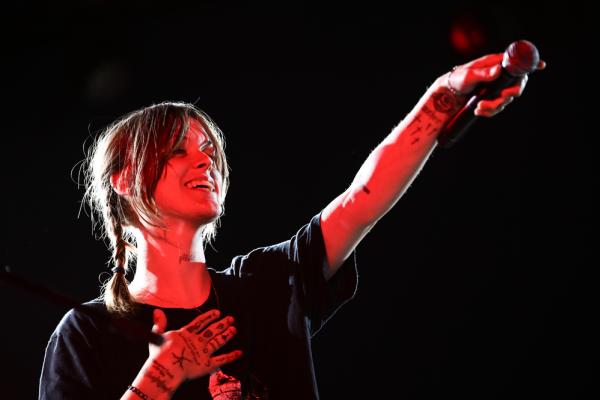Aug 29, 2025
Hearing about the news of James Dobson’s death reminded me of a conversation I recently had with my sister while we were making our way to an Ethel Cain concert.
We were conversing as we hurried to the car, excited to profess our love to Willoughby Tucker, and I told my sister she was the only reason I knew about Ethel Cain—whose real name is Hayden Anhedönia. We then indulged in some cynical jokes about the “woke” impulse to cancel Anhedönia because of old social media posts, which she has since apologized for and described as “deeply shameful and embarrassing.”
Read the Full Article

Already a subscriber? Login
